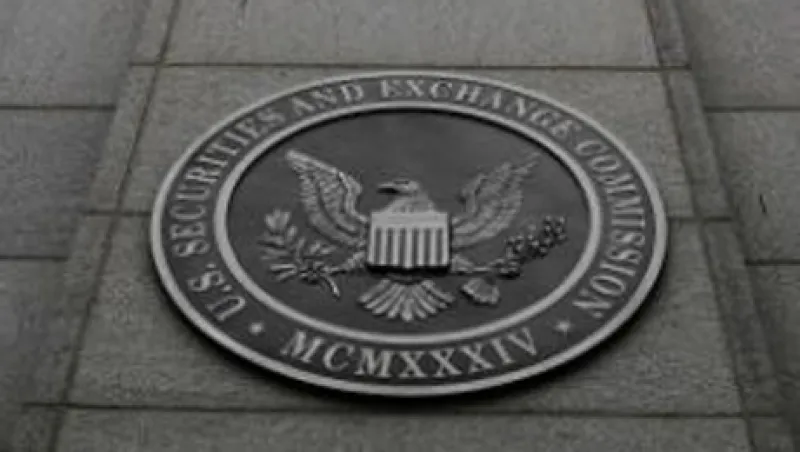The Securities and Exchange Commission has reeled in one of the biggest and long-time names in the quantitative investment world.
Dr. Barr Rosenberg, co-founder of institutional money manager AXA Rosenberg, has agreed to pay $2.5 million and face a lifetime ban from the securities industry for concealing a significant error in the computer code of the quantitative investment model that he developed, causing many clients to lose a total of $217 million.
The announcement comes seven months after AXA Rosenberg and its affiliated investment advisers agreed to pay $217 million to harmed clients plus a $25 million penalty as part of a settlement with the SEC.
AXA Rosenberg Group LLC, an AXA Investment Managers company, was founded in 1985 by Rosenberg and Dr. Kenneth Reid. As recently as 2009 it managed more than $76 billion in individual country, regional and global strategies for pension funds, foundations and government entities in the Americas, Europe, Asia and Japan. In 1999, AXA Investment Managers, an affiliate of AXA, the French Insurance company, acquired an interest in the firm, which was renamed AXA Rosenberg Group.
In its announcement Thursday, the SEC said Rosenberg learned of the error in June 2009 but instructed his employees to remain quiet about it and not fix it immediately. The regulator also alleged that Rosenberg denied the existence of any significant errors in the model during an October 2009 board meeting discussion about its performance.
AXA Rosenberg disclosed the error to SEC examination staff in late March 2010 after being informed of an impending SEC examination. The error was not disclosed to clients until April 2010, causing them to lose $217 million.
In June 2010, Axa Rosenberg announced that Rosenberg would be leaving the firm after a review found he tried to cover up a coding error.
“Rosenberg chose concealment over candor, and in doing so selfishly served his interests over those of his clients,” said Robert Khuzami, Director of the SEC’s Division of Enforcement, in a statement.
The SEC pointed out that Rosenberg created the model, oversaw research projects to improve and enhance it, and exercised significant authority throughout the AXA Rosenberg organization. It explained that the error disabled one of the model’s key components for managing risk and affected the model’s ability to perform as expected.
“Clients raised concerns about this underperformance, and Rosenberg knew about and discussed these concerns with others at AXA Rosenberg,” the SEC stated. “But instead of disclosing and correcting the error immediately, Rosenberg directed others to conceal the error and declined to fix the error.”
The error came to light in late June 2009, when an employee discovered an error in the Model’s computer code that was introduced in 2007, according to the SEC. The employee later discussed his finding in a meeting with senior officials and employees, the regulator added. However a senior official directed them to keep quiet about the error and to not inform others about it, and he directed that the error not be fixed at that time, according to the SEC’s complaint in February, without naming the senior official.
The SEC noted that the error was eventually fixed for U.S. managed portfolios in September 2009 and for other portfolios in late October and early November 2009. However, employees followed the Senior Official’s directive not to disclose the error until November 2009, when one employee felt compelled to inform AXA Rosenberg Group’s CEO.
ARG concluded an internal investigation in mid-March 2010 and later that month disclosed the error to Commission examination staff after Commission examination staff informed ARG of an impending examination of several affiliate companies. ARG disclosed the error to clients on April 15, 2010.







